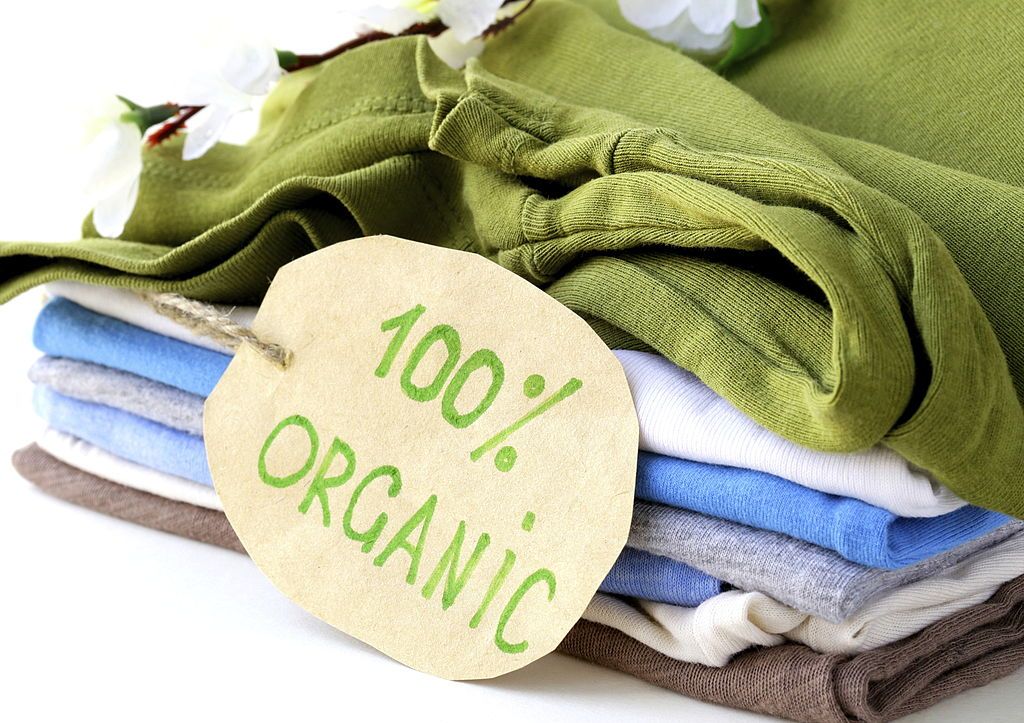In a world increasingly burdened by environmental concerns, one question looms large: Can sustainable fashion truly make a difference? The movement towards eco-conscious clothing has gained momentum, promising a more responsible and ethical approach to dressing. But does it hold the key to a greener world?
Sustainable fashion encompasses principles like eco-friendly materials, ethical labor practices, and a focus on longevity. It challenges the conventional norms of an industry that has long been associated with excessive waste and exploitation. With brands embracing these principles and consumers making mindful choices, there's hope for a more sustainable fashion future.
But is it all just a trend, or can sustainable fashion truly revolutionize the way we dress? More on this below. Keep reading.
Sustainable fashion, a burgeoning movement within the global fashion industry, represents a significant shift in the way we perceive and engage with clothing. This paradigm shift has been prompted by an increasing awareness of the environmental and social impacts of traditional fashion practices. As the world grapples with the consequences of rapid industrialization and overconsumption, sustainable fashion emerges as a beacon of hope, offering a more responsible and ethical approach to dressing.
At its core, sustainable fashion is a holistic concept that seeks to minimize the negative effects of fashion on the environment and society while maximizing the positive contributions it can make. It encompasses various principles and practices that strive for a harmonious coexistence between style and sustainability.
One of the central tenets of sustainable fashion is a commitment to eco-conscious materials and production processes. This entails sourcing materials that have a minimal environmental footprint, such as organic cotton, hemp, or recycled fibers. Additionally, sustainable fashion emphasizes responsible manufacturing practices, which often involve reducing waste, conserving water, and minimizing energy consumption during production. In contrast to fast fashion, where clothing is churned out at breakneck speed, sustainable fashion encourages a slower, more deliberate approach to design and production.
Another pillar of sustainable fashion is ethical labor practices. The industry has been plagued by exploitative labor conditions in many parts of the world, but sustainable fashion seeks to rectify this by ensuring fair wages, safe working conditions, and respect for the rights of workers. Brands that adhere to these principles prioritize the well-being of the people who craft their garments, thereby fostering a more equitable and just fashion ecosystem.
Furthermore, sustainable fashion promotes longevity and durability in clothing. Unlike the disposable culture perpetuated by fast fashion, sustainable fashion champions quality over quantity. It encourages consumers to invest in timeless pieces that endure the test of time, rather than disposable trends that quickly fall out of favor. By choosing garments designed to last, individuals can reduce their overall consumption and minimize their fashion-related waste.
The concept of circular fashion also plays a crucial role in sustainability. This approach involves designing products with the end in mind, considering how garments can be reused, repaired, or recycled at the end of their life cycle. It encourages consumers to participate in clothing resale markets, donate unwanted items, or engage in DIY repairs to extend the lifespan of their clothing.
Sustainable fashion is not merely a trend; it is a paradigm shift that challenges the conventional norms of the industry. It acknowledges the interconnectedness of the fashion ecosystem with the broader environment and society. By embracing sustainability, the fashion industry can mitigate its adverse impacts on the planet and improve the lives of countless individuals working within it. As consumers, we have the power to drive change by supporting brands that prioritize sustainability and by making mindful choices in our own consumption habits. In doing so, we can contribute to a more sustainable and equitable future for fashion, one garment at a time.
Hot Take: Perhaps it's time we ditch the notion that fashion has to come at the expense of our planet. Sustainable fashion is more than just a passing fad; it's a necessary shift towards a brighter and greener future for both the industry and the Earth. So, the next time you're shopping for clothes, consider the impact of your choices and opt for eco-conscious clothing. After all, style and sustainability can go hand in hand.
Is this content hitting the mark for you? If so, consider supporting my work—buy me a virtual coffee! 



